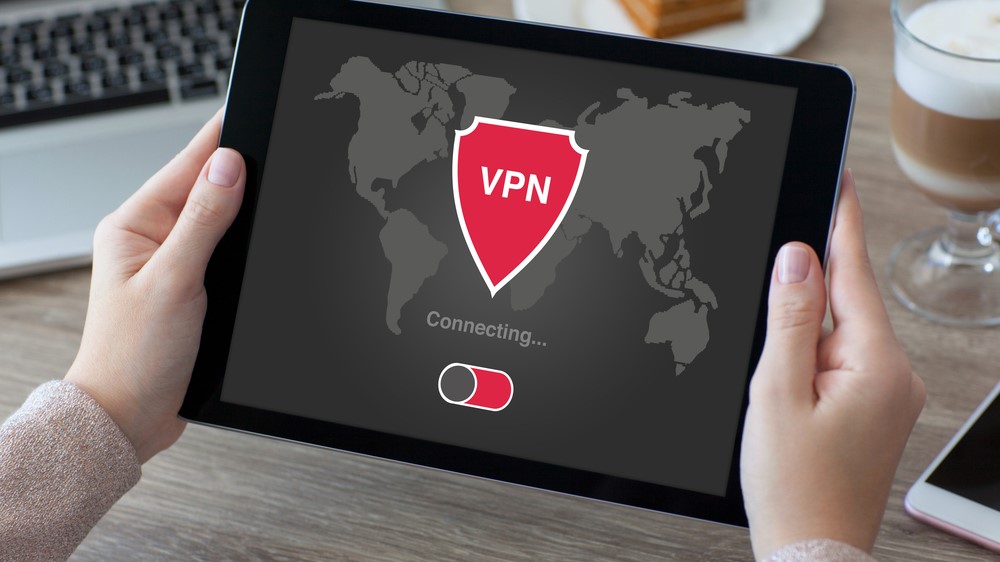Business VPN flaws exploited by hackers
Vulnerabilities presented at Black Hat hijacked by hackers

Two popular enterprise VPNs have been hijacked by cybercriminals after vulnerabilities in their software were publicly disclosed.
Pulse Secure VPN and Fortinet's FortiGate VPN were targeted after flaws in both products were made public during a talk at this month's Black Hat security conference.
While the talk given by security researchers at Devcore may have given the attackers some insight into the flaws, it is more likely that the technical details and proof-of-concept code included in a blog post by the company published after Black Hat was used to launch the attacks.
- VPN security flaws could open up your network to attacks
- Fake VPN website delivers malware
- Enterprise VPN: There's a minefield out there
The blog post included details and demo code for a number of vulnerabilities in Pulse Secure VPN and FortiGate VPN but the attackers chose to exploit CVE-2019-11510 which affects Pulse Secure and CVE-2018-13379 which affects FortiGate. Both of these vulnerabilities are “pre-authentication file reads” and can be used by hackers to retrieve files from a targeted system without having to authenticate.
Enterprise VPN vulnerabilities
According to security researchers from Bad Packets, the hackers are scanning the internet for vulnerable devices and are then retrieving system password files from Pulse Secure VPNS and VPN session files from Fortinet's FortiGate. These files allow attackers to authenticate on the devices or to fake an active VPN session.
In a recent blog post, Bad Packets revealed that there are almost 42,000 Pulse Secure VPN systems available online and almost 14,500 of which have not been patched. The number of FortiGate VPNs online is also believed to be in the hundreds of thousands but there are no exact stats on how many unpatched systems are still vulnerable to attacks.
Patches for both enterprise VPNs have been available for months with Pulse releasing a patch in April and Fortinet releasing a patch in May. However, customers failed to update their VPNs when these patches were released and now they're paying the price.
Are you a pro? Subscribe to our newsletter
Sign up to the TechRadar Pro newsletter to get all the top news, opinion, features and guidance your business needs to succeed!
Customers of both companies are being advised to patch their software as soon as possible since these expensive enterprise-grade VPN products are typically used to protect access to highly-sensitive networks. For instance, Bad Packets found Pulse Secure VPNs on the networks of US military and government agencies, public universities and schools, hospitals and health care providers, major financial institutions and many Fortune 500 companies.
- We've also highlighted the best VPN services of 2019
Via ZDNet
After working with the TechRadar Pro team for the last several years, Anthony is now the security and networking editor at Tom’s Guide where he covers everything from data breaches and ransomware gangs to the best way to cover your whole home or business with Wi-Fi. When not writing, you can find him tinkering with PCs and game consoles, managing cables and upgrading his smart home.
